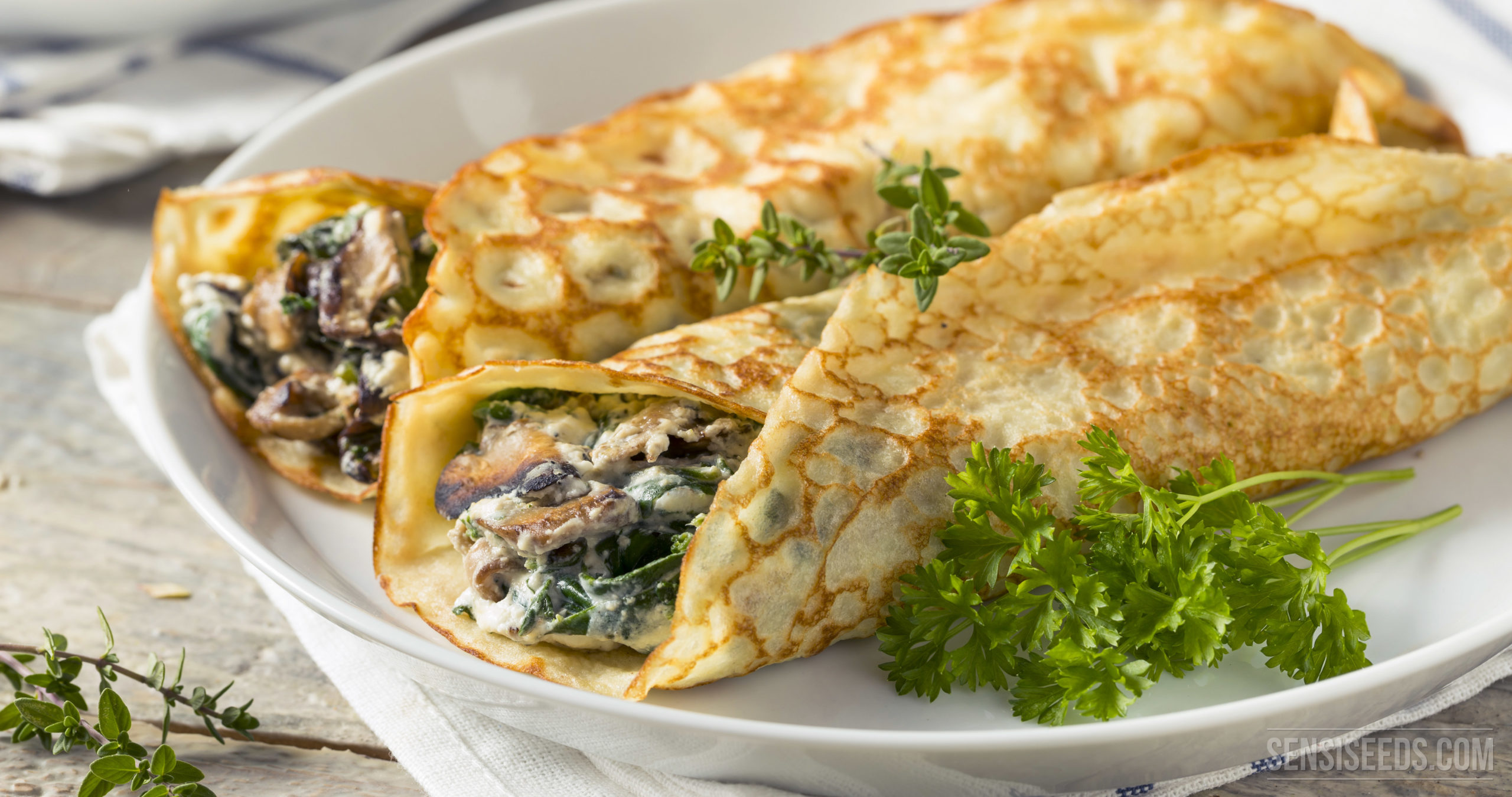DIY Herb Infused Cooking: Easy Recipes to Try
Herb-infused cooking has gained popularity as a creative and enjoyable way to incorporate the benefits of herbs into delicious recipes. Whether you're experienced or new to the world of infused cooking, this comprehensive guide will provide you with a variety of easy recipes to try at home.
From savory dishes to sweet treats, we'll explore different cooking techniques and offer helpful tips to ensure successful herb-infused creations.
Table of Contents:
- Understanding Herb-Infused Cooking
- Choosing the Right Herbs for Cooking
- Techniques for Activating Herbs
- Infusing Herbs into Oils and Butters
- Dosage and Potency: Managing Herb Content
- Savory Delights: Cooking with Herbs
- Sweet Indulgences: Baking with Herbs
- Enjoying Herb-Infused Beverages
- Cooking with Concentrates: Extracts and Tinctures
- Tips for Safe Herb-Infused Cooking
- Elevating Your Herb Culinary Skills
Understanding Herb-Infused Cooking
In this section, we'll provide an overview of what herb-infused cooking entails and the benefits it offers. Here are some key points to consider:
- What is herb-infused cooking?
- The process of incorporating selected herbs into recipes to create cooking.
- Allows for discreet consumption and longer-lasting effects.
- Benefits of herb-infused cooking:
- Precise dosing for controlled experiences.
- Longer duration of effects.
- Enhanced flavor profiles and aroma.
Choosing the Right Herbs for Cooking
Selecting appropriate herbs is crucial for achieving desired effects and flavors in your infused dishes. Consider the following factors:
- Flavor profiles:
- Different herbs influence the aroma and taste of dishes, allowing you to choose herbs that complement specific recipes.
- Consider the desired effects:
- Choose herbs based on their known benefits and effects to match your cooking goals.
Techniques for Activating Herbs
Activating herbs is a critical step in cooking that makes their properties bioavailable. Here's what you need to know:
- What is activation?
- The process of heating herbs to activate their beneficial properties.
- Activation methods:
- Oven method: Slow and controlled heating in the oven.
- Sous vide method: Precise temperature control using vacuum-sealed bags.
- Specialized machines designed for activation.
Infusing Herbs into Oils and Butters

Infusing herbs into oils or butters is a fundamental step in herb cooking. Here's what you need to know:
- Choosing the right fat:
- Common options include butter, coconut oil, olive oil, and vegetable oil.
- Consider the smoke point, flavor, and desired consistency in your recipes.
- Infusion methods:
- Stovetop method: Simmering herbs with the chosen fat.
- Slow cooker method: Low and slow infusion in a crockpot.
- Sous vide method: Precise temperature control for consistent results.
Dosage and Potency: Managing Herb Content
Accurately managing the herb content in your infused recipes is essential for safe and enjoyable consumption. Consider the following:
- Understanding milligrams and percentages:
- Herb content is typically expressed as a percentage.
- Convert the percentage to milligrams to determine the potency per serving.
- Calculating potency:
- Determine the herb percentage of your chosen herbs.
- Multiply the weight of herbs used by the herb percentage.
- Divide by the number of servings to calculate potency per serving.
- Start low and go slow:
- Begin with lower doses, especially for beginners, to assess tolerance and effects.
- Gradually increase the dosage as desired, taking note of personal preferences.
Savory Delights: Cooking with Herbs

Infusing herbs into savory dishes opens up a world of culinary possibilities. Here are some ideas to get you started:
Classic Herb-Infused Butter for Cooking:
- Use herb-infused butter as a base for sautéing vegetables, making sauces, or spreading on toast.
- Add various herbs and spices to enhance the flavor profile.
- Experiment with different herbs to complement specific dishes.
Flavorful Herb-Infused Olive Oil for Dressings and Marinades:
- Combine herb-infused olive oil with herbs, garlic, and lemon juice for a tasty salad dressing.
- Use it to marinate meats or drizzle over roasted vegetables.
- Adjust the potency of the infusion based on personal preferences.
Herb-Infused Sauces and Condiments:
- Prepare herb-infused barbecue sauce, pesto, or aioli to elevate your dishes.
- Incorporate infused honey or maple syrup into glazes or dipping sauces.
- Remember to adjust the dosage and potency to maintain control over the effects.
Sweet Indulgences: Baking with Herbs
Baking with herbs opens up a wide range of delectable treats that combine the benefits of herbs with the pleasure of desserts. Here are some ideas:
- Classic herb-infused brownies:
- Prepare traditional brownie recipes and substitute regular butter with herb-infused butter.
- Adjust the dosage based on desired potency.
Enjoying Herb Infused Beverages
Infusing herbs into beverages offers a refreshing way to consume herbs. Here are some ideas:
- Herb-infused teas and herbal infusions:
- Steep herb flowers or infused oils in hot water along with your favorite tea or herbs.
Related Article: Introduction to Herbal Beverages
Cooking with Concentrates and Extracts
Cooking with herb concentrates provides a concentrated and potent infusion. Here's what you need to know:
- Types of concentrates:
- Tinctures are alcohol-based herb extracts used for precise use.
- Incorporating concentrates into recipes:
- Dissolve concentrates in fats or oils for even distribution in recipes.
Tips for Safe Herb-Infused Cooking
Cooking with herbs requires attention to safety and responsible consumption. Here are some essential tips to keep in mind:
- Lab-tested herbs:
- Use herb products that have been tested by reputable laboratories to ensure quality and safety.
- Clear labeling and storage:
- Label all herb-infused ingredients with potency and dosage information.
Elevating Your Herb Culinary Skills
To enhance your herb culinary skills, consider the following suggestions:
- Research and experiment:
- Explore cookbooks, online resources, and cooking shows dedicated to herb-infused cooking.
- Attend cooking workshops or classes:
- Join workshops or classes that focus on herb-infused cooking.
Embrace the art of DIY herb-infused cooking and explore the vast possibilities it offers. Remember to approach herb consumption responsibly and educate yourself about dosing and effects.


Leave a comment
Please note, comments must be approved before they are published